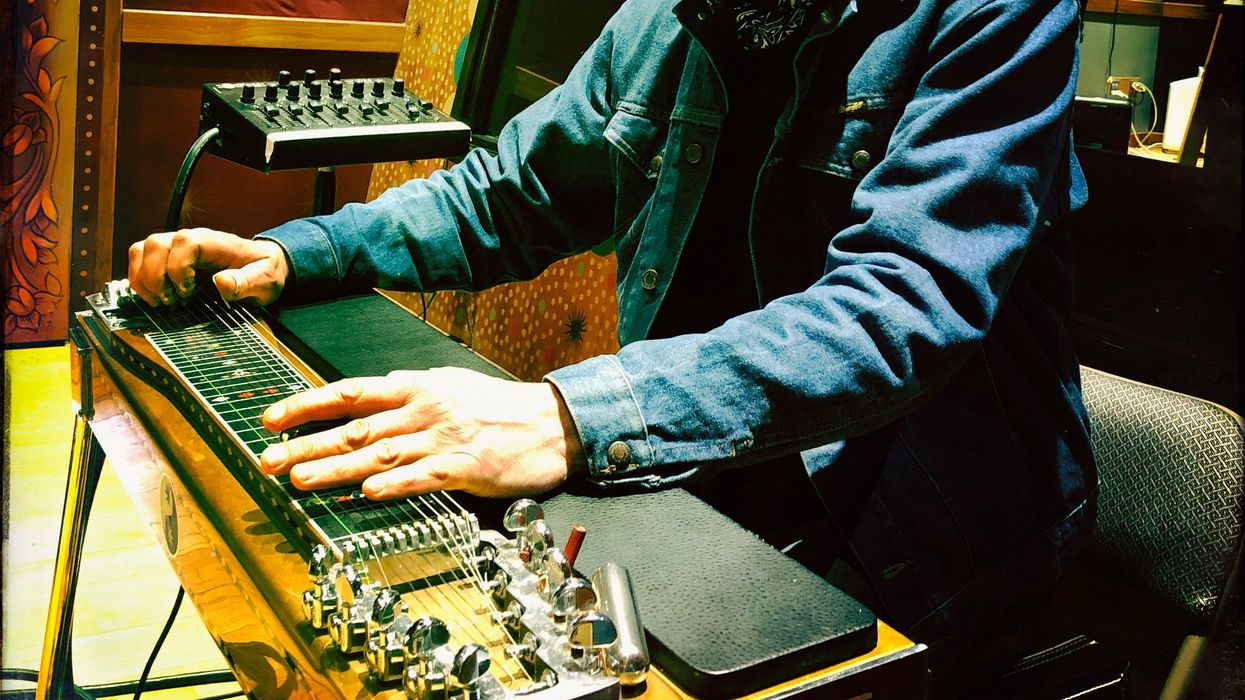Within guitardom, so much of the attention paid to metal is centered on virtuosic soloists—especially the further away (in years) you get from Sabbath. These days, if you’re a guitar nerd who listens to metal, chances are you’re obsessed with players whose stylistic lineage can essentially be traced back to Yngwie, even if it is by way of Petrucci, Synyster Gates, Laiho, Abasi, etc. Meanwhile bands that prioritize songcraft over finger-mangling leads largely get ignored.
But let me qualify what I mean by “songcraft” … or rather what I don’t mean: I’m not talking about the occasional excursion into maudlin, nauseatingly sentimental ballads that otherwise heavy bands throw in to give fans a chance to bust out their Bics and their lead players a rest between blistering licks. (I’m looking at you, James LaBrie.) Rather, I’m talking about headbanging bands with a singular vision for their music that has nothing to do with egos and 6-, 7-, or 8-string acrobatics.
On that front, I contend that Norwegian black-metal vets Gorgoroth are basically the shit. Call them the Radiohead or Beatles of black metal. Not because they sound remotely like either band (although they’ve engaged in plenty of avant-garde, soundscape-y experimentalism that’s similar at least in spirit), but because founder/guitarist/bandleader/lyricist/resident weirdo Roger Tiegs (aka Infernus) prioritizes one thing and one thing alone: Heavy-ass tunes that basically couldn’t get any more ferocious.
Yes, the band’s lyrics are often blatantly blasphemous, and supposedly Infernus is a Satanist. I have a sneaking feeling those theological adherences are about as real as when parents insisted Kiss stands for “knights in Satan’s service” and AC/DC means “anti-Christ/Devil’s children.” I think Infernus and the various lineups of his band have just had more spine to stick to their shtick as a matter of marketing savvy.
Either way, I couldn’t care less. I don’t believe in Satan. (Besides, for centuries plenty of “wholesome Christian” musicians have been spouse abusers, pedophiles, and anti-Semites—and that’s a lot more detrimental than which brand of supernatural silliness one believes in.) What I believe in is killer music and musicians who are fearlessly dedicated to their art, regardless of what society might have to say about it.
But let’s get back to the guitars of Gorgoroth, because contrary to how I’ve portrayed them so far, they’re anything but easy to play. Albums like Under the Sign of Hell, Destroyer, and Twilight of the Idols might not have many solo spotlight moments, but the sheer amount of tremolo-picking—a staple element of the genre—alone is daunting. Pair that with harmonized leads and arpeggiated riffs that form the foundation of tunes rather than function as “Woooo—look at me!” bits, and you’ve got some serious dexterity, precision, and stamina.
Then there are the tones: Overall, they’re distorted, but not that distorted, with an AC/DC-like clarity—although at times there’s a super-saturation that borders on fuzz (as on the title track to 1998’s Destroyer). Riffs and leads are often doubled in a way that adds body and depth, but it never feels flashy, overproduced, or polished. In fact, one of the most appealing things to me is the grungy production, especially on early recordings—which were often awash in sinister, lo-fi atmospherics. The Pacific Northwest’s 1990s grunge movement was largely a heavy rebellion against hair metal of the ’80s, while, on the other side of the world—in a climate even colder and wetter—a similar mindset bred with metal rather than crowded it out.
The result is something serious metalheads owe it to themselves to listen to. Just don’t come whining to me about how “evil” it is. If you’re sensitive about that stuff, stay away. If you’re a live-and-let-live type, then check it out. I haven’t grown any horns, projectile-vomited, or had my noggin’ spin around full circle yet, so I think you’ll be okay, too.


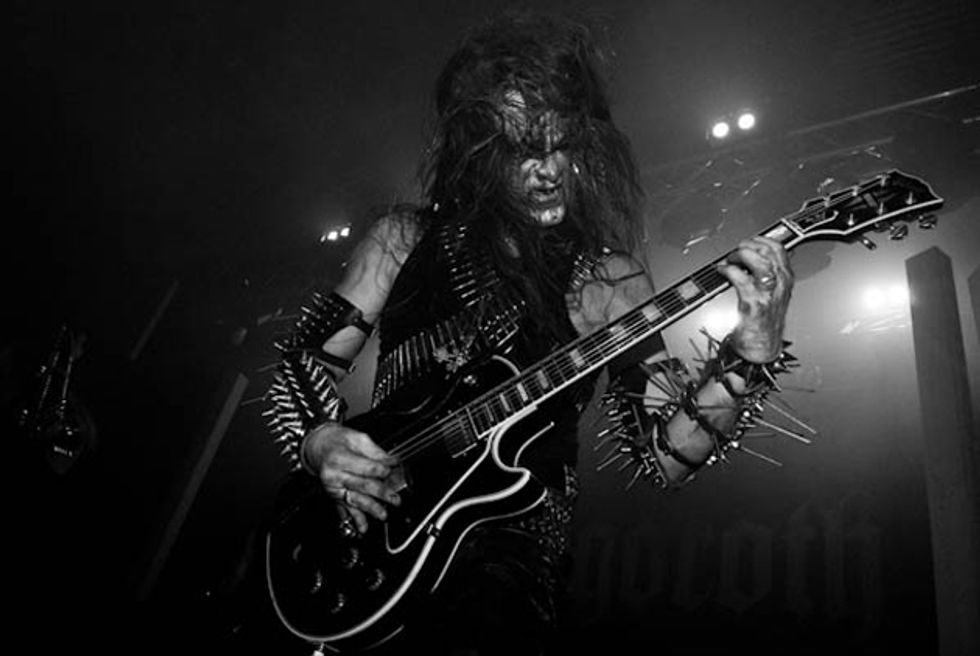

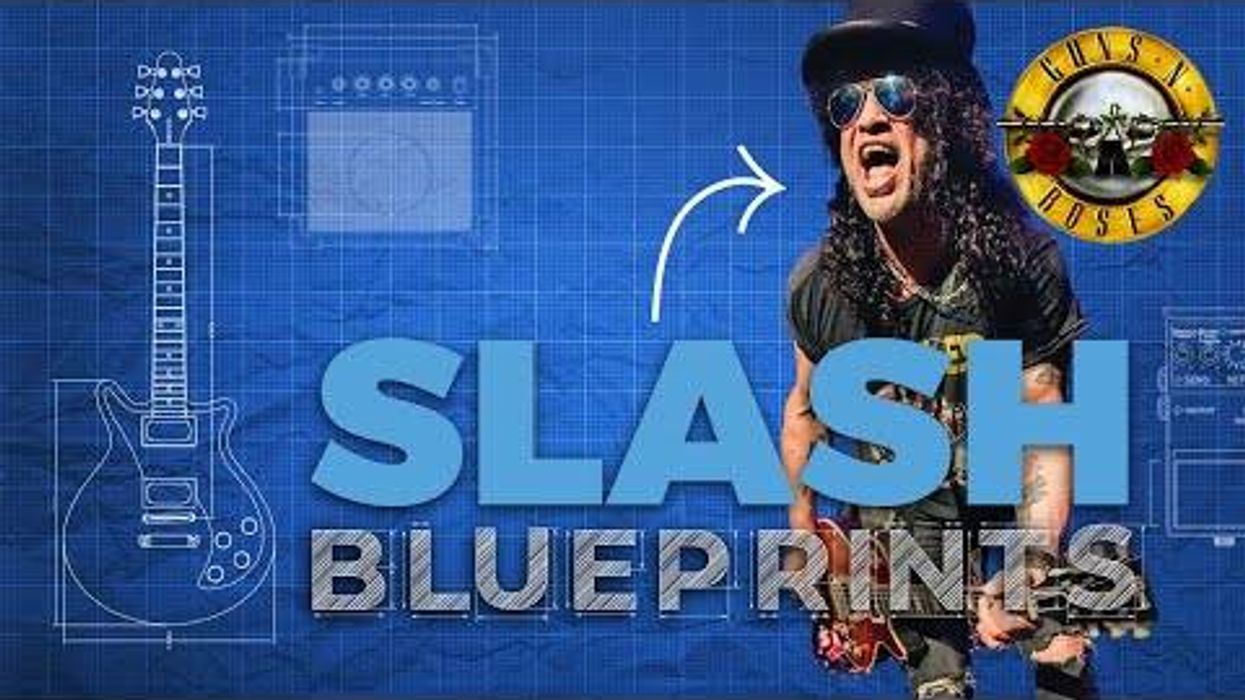

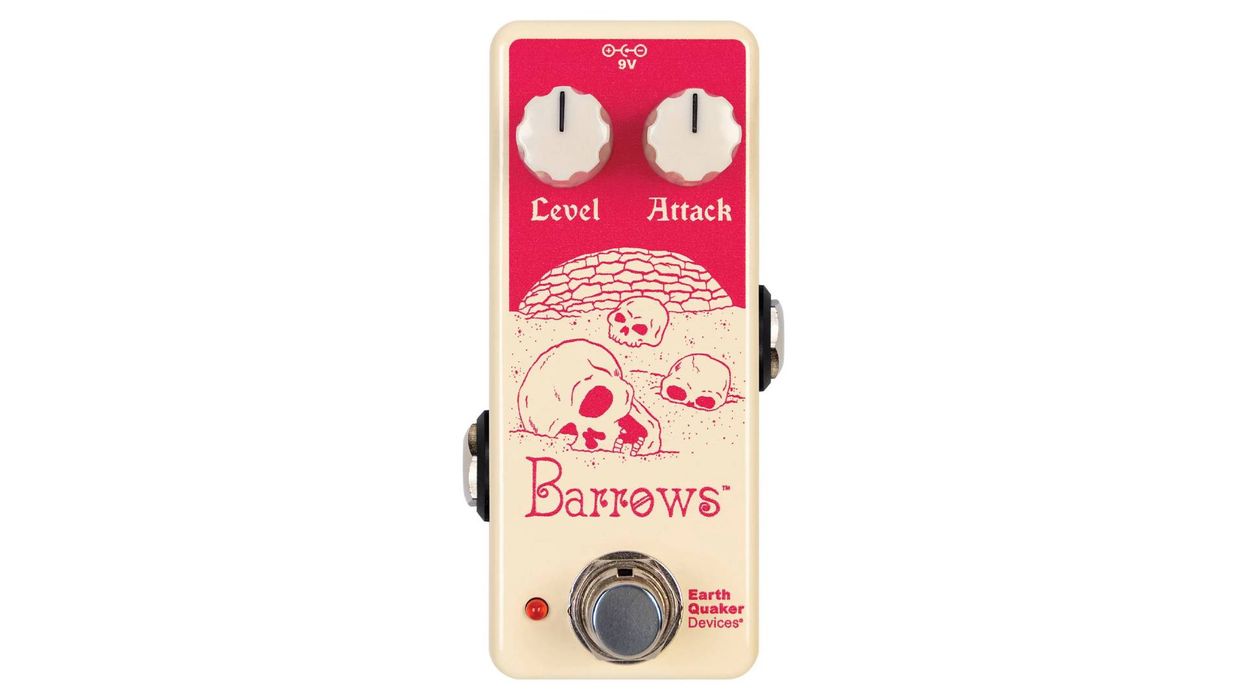


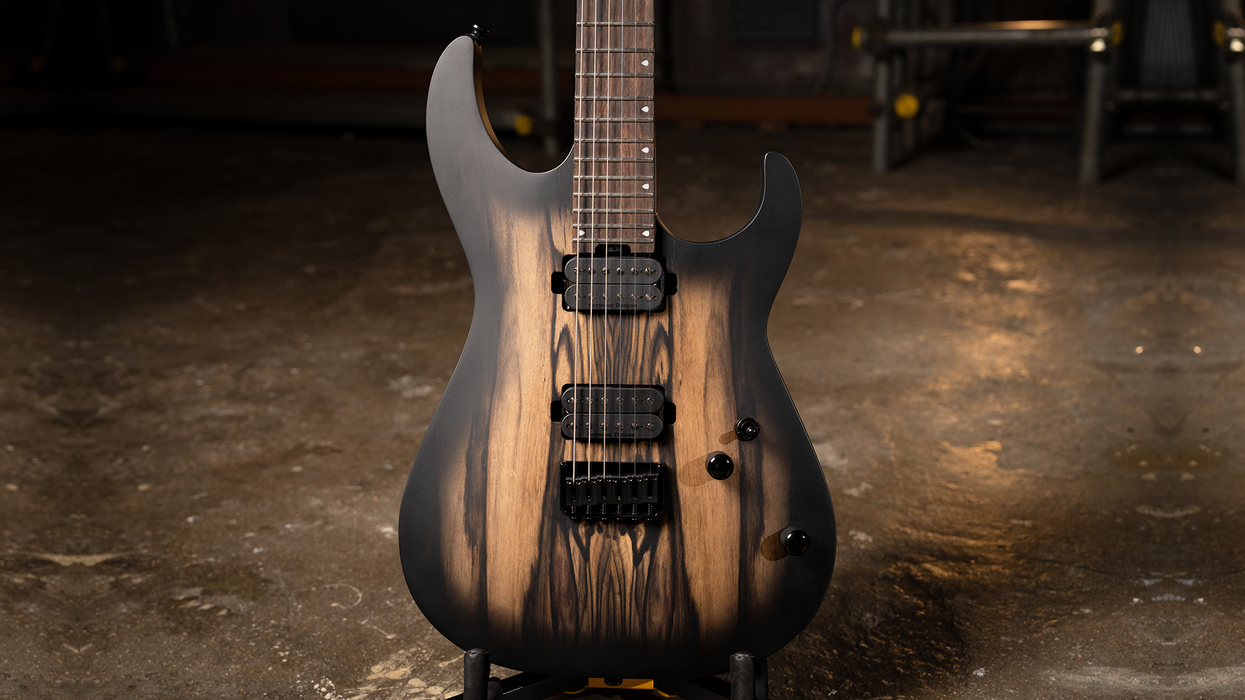

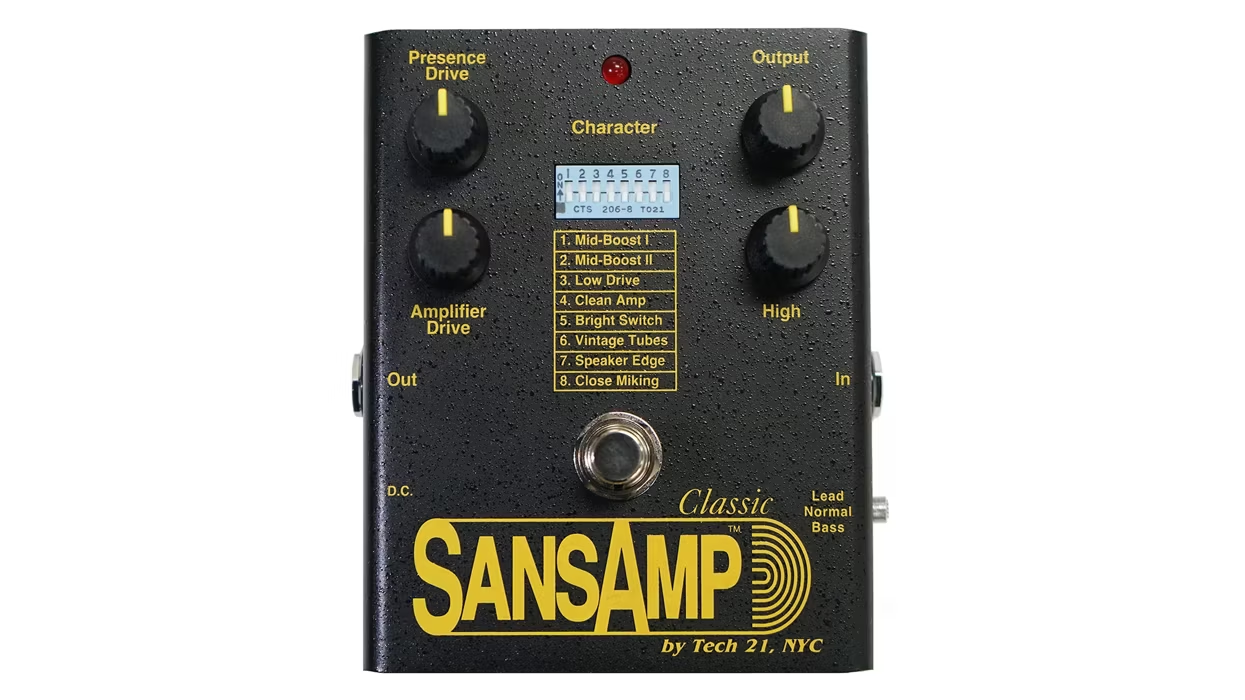
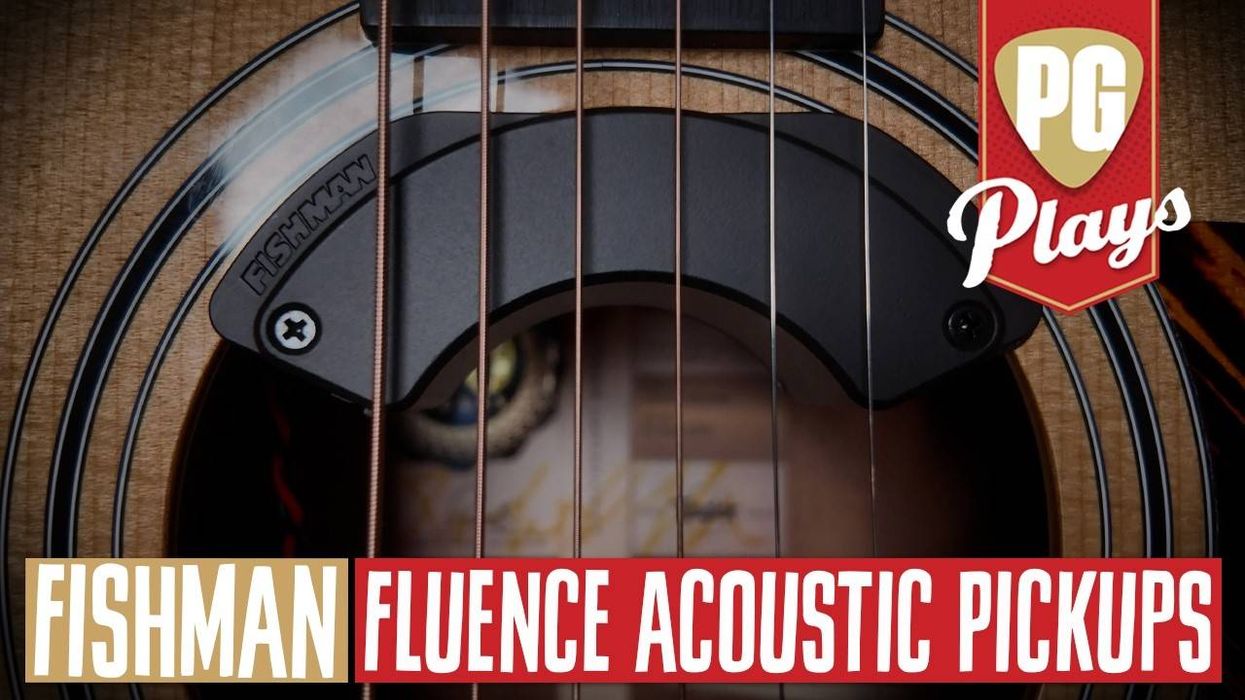
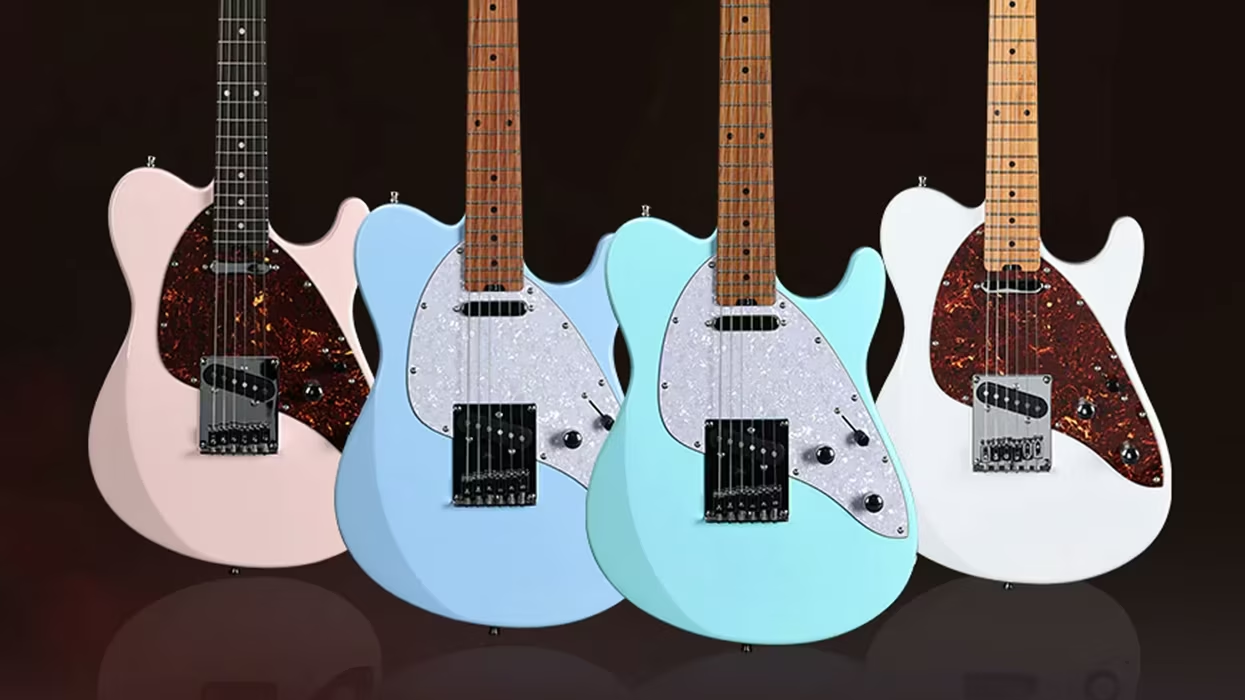
![Rig Rundown: Russian Circles’ Mike Sullivan [2025]](https://www.premierguitar.com/media-library/youtube.jpg?id=62303631&width=1245&height=700&quality=70&coordinates=0%2C0%2C0%2C0)



